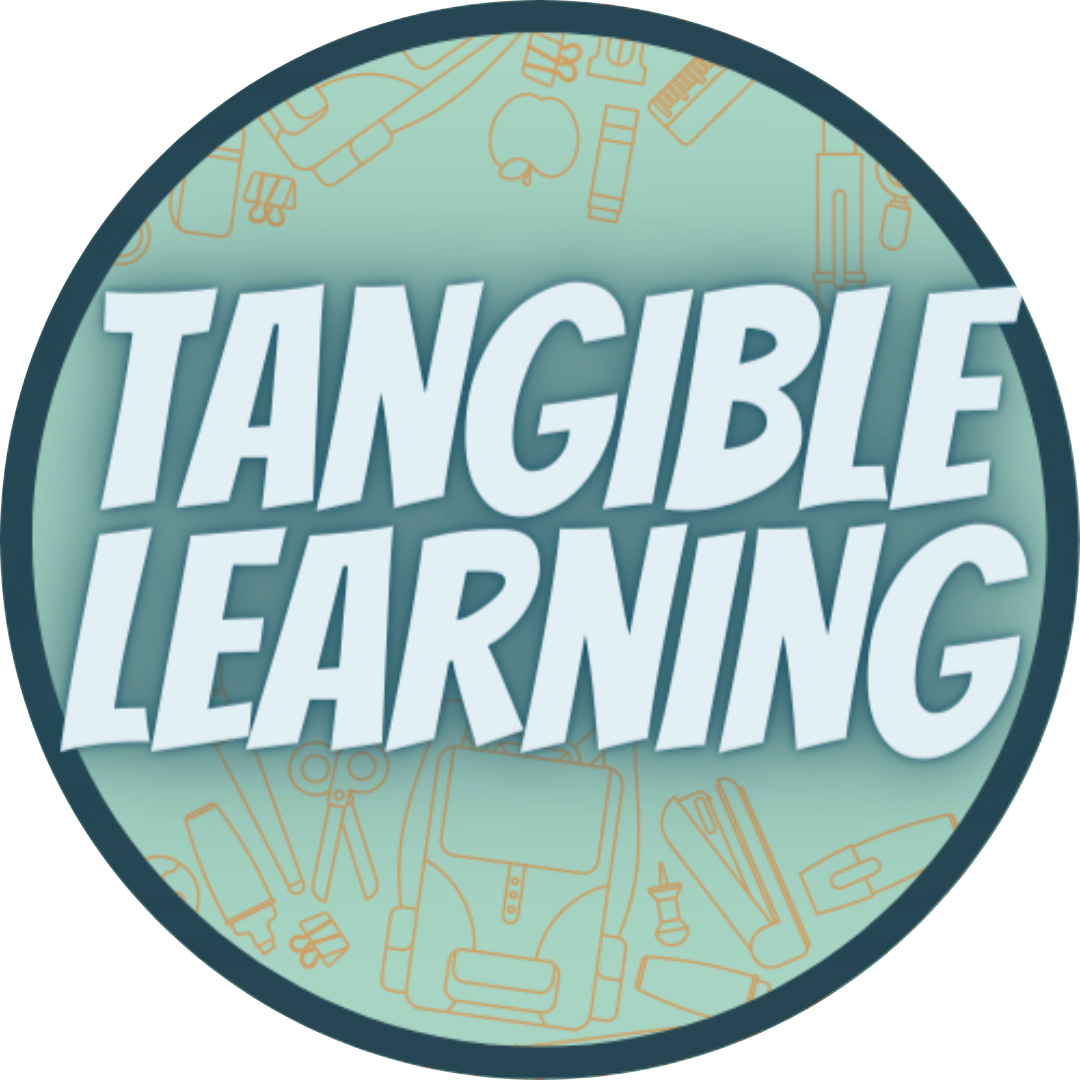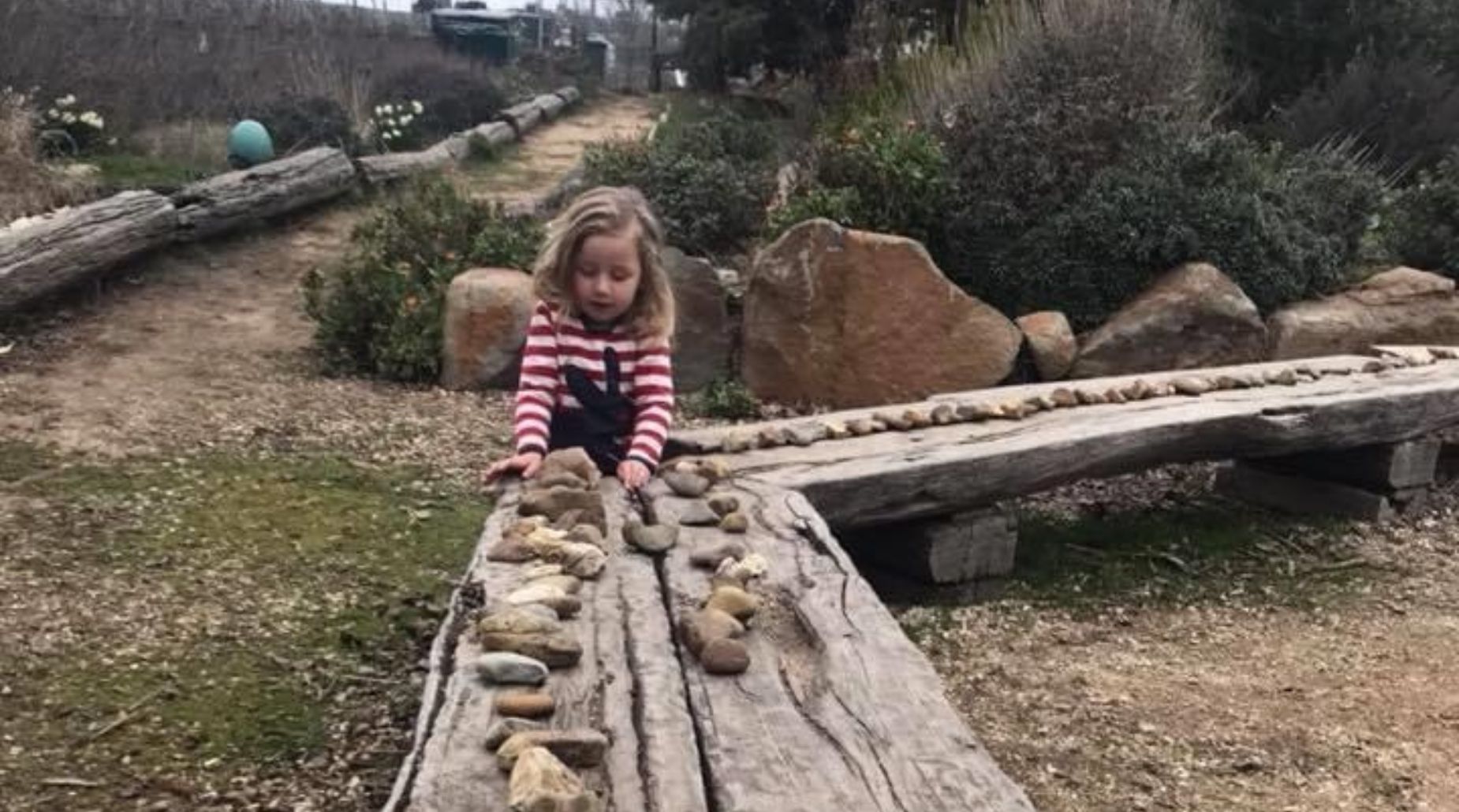Why Early Math Skills are Critical
Math skills are more important than you might think, especially when it comes to young children’s learning. Did you know that a child’s arithmetic skills before they start school can predict their later skills in math and reading? It may come as a surprise, but research shows that these skills have a strong correlation to graduating high school and having a higher wage as an adult. However, don’t let this news prompt you to enrol your little one in a cram school just yet. It’s important to remember that early childhood learning should be developmentally appropriate and play based.
How do Math Skills Develop?
But what does early math learning look like for young children? Firstly, it’s crucial to understand that children develop at different rates and that childhood is not a race or competition. It’s important to respect each child’s pace and only introduce concepts when they are developmentally ready to learn them.
That being said, here’s a general idea of what early math learning looks like for young children:
- At around two years old, children will begin to say numbers and count a small amount by rote.
- Between the ages of two and three, they’ll start to understand that numbers have meaning, and they may even recognize that numbers can be represented through writing. During this period, they may begin to count from one to ten.
- At around three years old, children may be able to group and count between one and three objects.
- Between the ages of three and four, children start to understand the cardinal principle, which means that when they count a number of objects, the total number of items is the last word spoken as they count them. For instance, if they have three toy cars, they will count, “1, 2, 3,” and the last number, three, represents the total number of cars.

It’s important to note that these are just general milestones and that every child develops at their own pace. As a parent or educator, it’s important to encourage math learning through fun and engaging activities. Whether it’s counting blocks, sorting objects, or playing number games, there are plenty of opportunities to incorporate math concepts into your child’s daily routine. By doing so, you’ll help lay the foundation for their future academic and professional success.
Sequencing Skills in Math Development
Sequencing is a fundamental skill in the development of mathematics, and it plays a crucial role in young children’s STEM development. This skill helps children learn patterns in their world, make predictions, and retell events. Understanding sequencing helps children to make sense of the world around them, and it is an essential skill that lays the foundation for more advanced mathematical concepts.
There are many ways in which parents and educators can practice sequencing with young children. One of the simplest ways to do this is by talking to children about the order of the things they are doing. For example, “first we will have breakfast, then we will have a bath, and later we will get dressed.” This practice can start from an early age, even with infants.
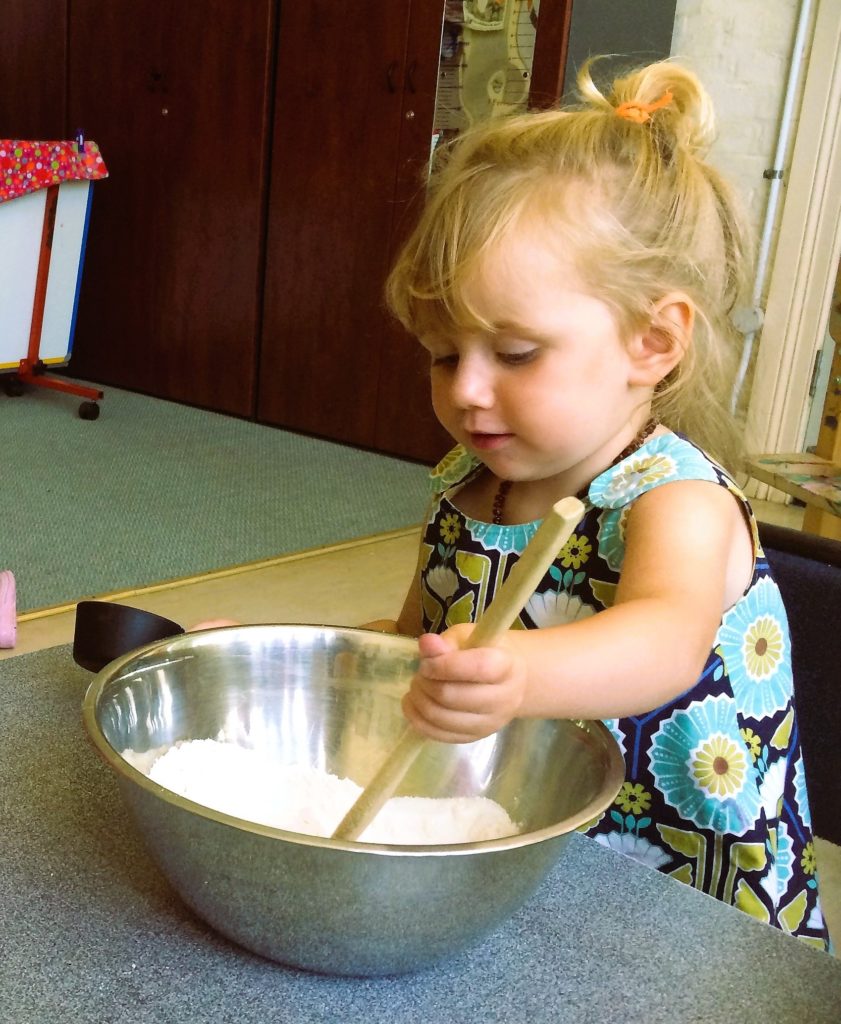
Sequencing Cards
If you are in a school or early learning centre, you may already have sequencing cards. These cards are an excellent tool for practicing sequencing. However, if you want to practice with your children at home, you can make your own card set by drawing simple line pictures or taking photos. You can start with something basic like a sequence of events in a storybook, or more complex activities such as putting together a jigsaw puzzle.
Cooking
Another fun and practical way to practice sequencing with children is to follow a recipe and cook or prepare food with them. You can often find recipes online that have pictorial instructions, making it easy for children to follow along. This activity not only helps children to develop their sequencing skills but also teaches them about nutrition, healthy eating, and kitchen safety.
Life Cycles
Lastly, try growing some seeds with your children and observing the life cycle of a plant. This activity involves multiple stages, from planting the seeds to watching them germinate and grow into plants. Children can observe and document the different stages of the plant’s life cycle, allowing them to practice sequencing and understand the concept of cause and effect.

Tips for Math Learning with Young Children
Mathematics is an essential subject for young children to learn, as it helps to develop important cognitive skills such as problem-solving, reasoning, and critical thinking. However, many parents and educators may struggle to find ways to make learning math fun and engaging for young children. Here are some tips and activities to help children learn mathematics in a way that is both enjoyable and educational.

Play Games
Playing games is a great way to make learning math fun for young children. Simple board games such as Snakes and Ladders involve counting, adding, and subtracting. Other games like Memory can help develop children’s memory skills and improve their ability to recognize patterns.
Use Manipulatives
Manipulatives are physical objects that children can use to learn math concepts by manipulating them with their hands. Examples of manipulatives include blocks, counting bears, and number rods. These manipulatives can be used to help children learn counting, addition, subtraction, and other basic math skills.
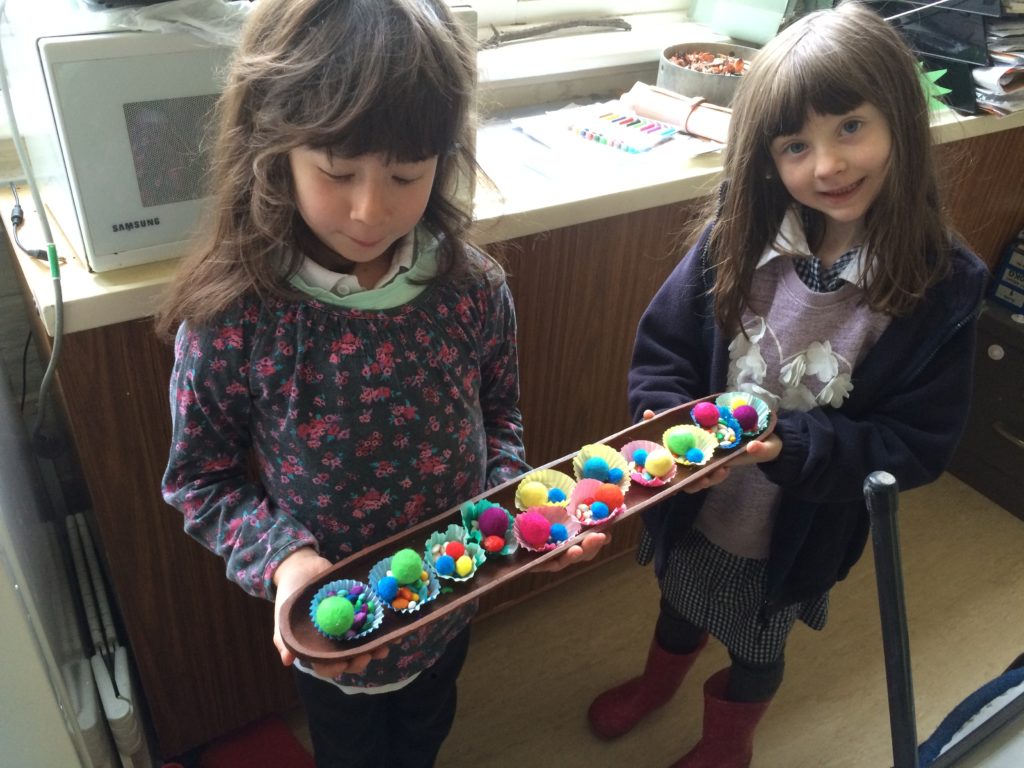
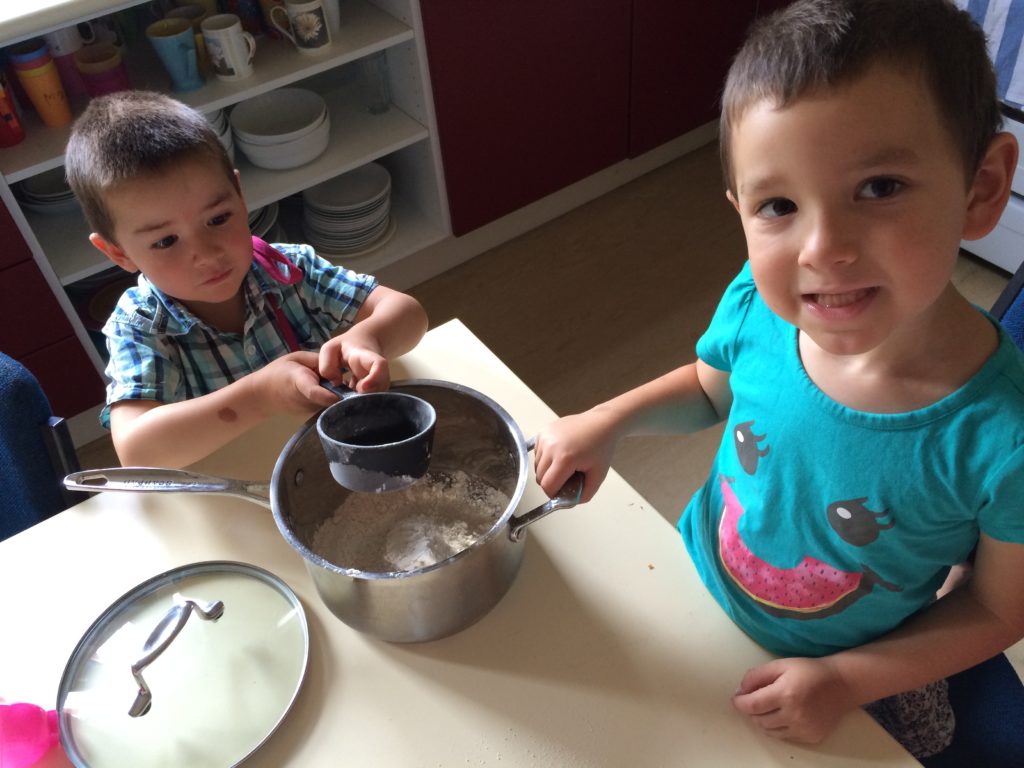
Incorporate Math Into Daily Activities
Incorporating math into daily activities is an easy way to help children learn math concepts without them even realizing it. For example, when grocery shopping, children can help count the items in the cart or estimate the total cost of the items. When cooking, children can measure ingredients and practice fractions. When driving, children can practice recognizing and reading numbers on road signs.
Read Math-Related Books
Reading books with math-related themes can help children develop an interest in math and learn math concepts in a fun and engaging way. Some popular math-related books for young children include “The Very Hungry Caterpillar” by Eric Carle, “One, Two, Three… Infinity” by George Gamow, and “Math Fables” by Greg Tang.
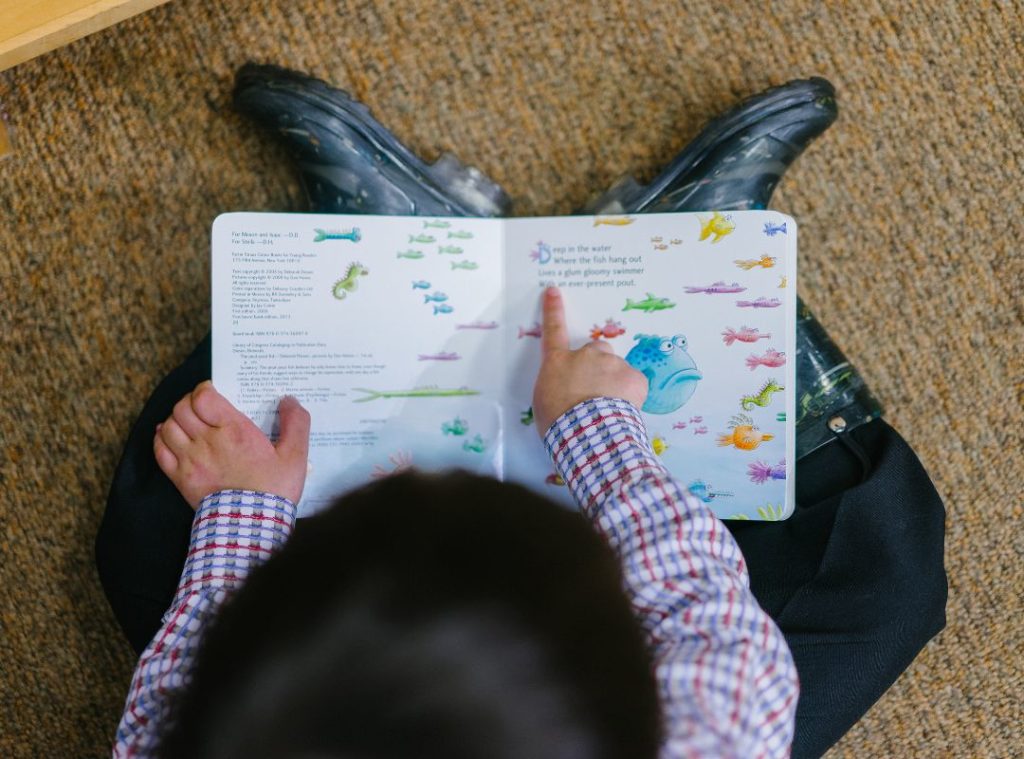
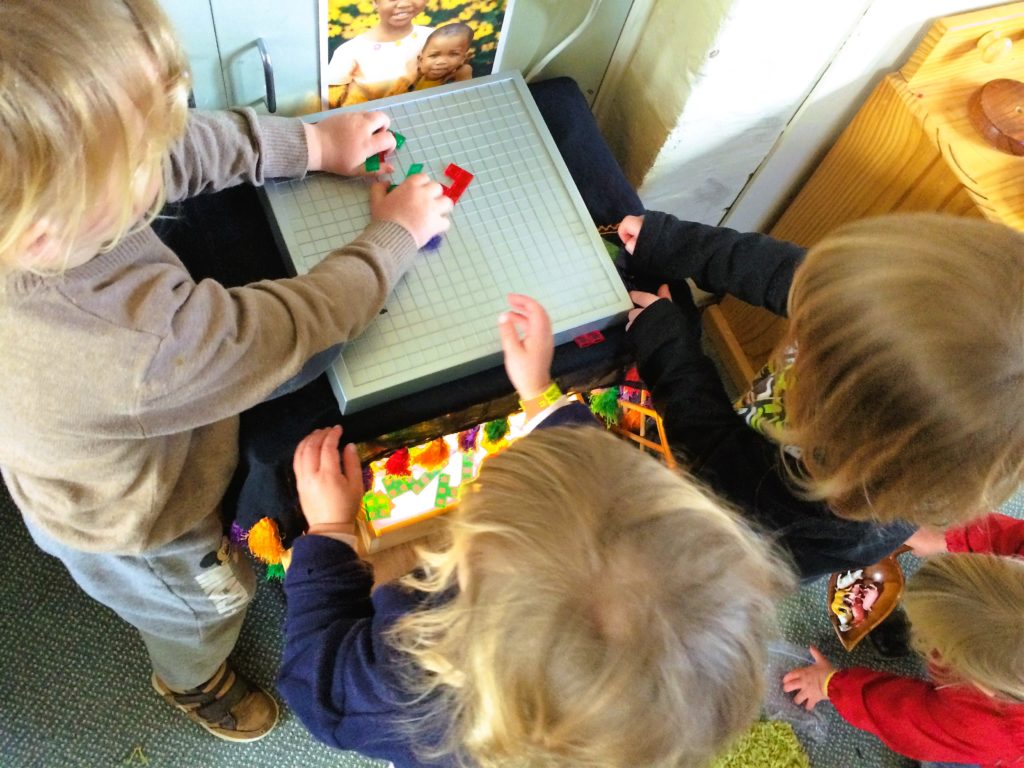
Encourage Problem-Solving
Encouraging problem-solving skills in young children is an important part of developing their math skills. Simple puzzles, riddles, and brain teasers can help children develop their problem-solving skills and logical reasoning abilities. Asking open-ended questions that require children to think critically and creatively can also help develop these skills.
Wrapping Up
In conclusion, early math skills are crucial for a child’s success in academics and future careers.
Research shows that a child’s arithmetic skills before starting school can predict their future success in math and reading, as well as higher wages as an adult. However, it’s important to remember that early childhood learning should be developmentally appropriate and play-based. Encouraging math learning through fun and engaging activities, such as playing games, using manipulatives, practicing sequencing, and incorporating math into daily activities, can lay the foundation for a child’s future academic and professional success.
It’s crucial to respect each child’s pace and only introduce math concepts when they are developmentally ready to learn them. Parents and educators can work together to help children develop the essential cognitive skills of problem-solving, reasoning, and critical thinking through early math education.


